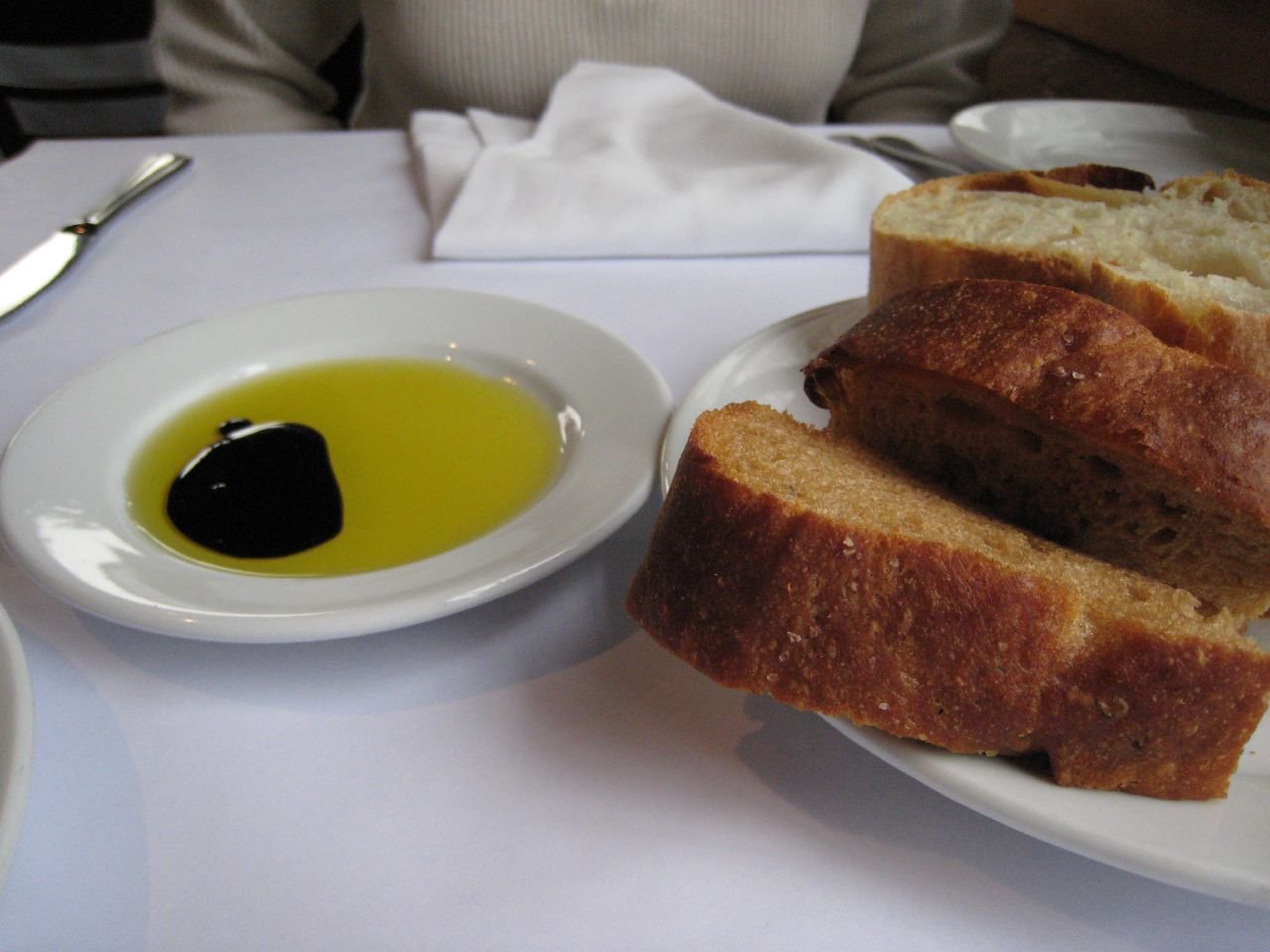
Just when you thought you’d run out of excuses to add olive oil to pretty much everything, science has given us yet another great reason.
In a study of older women published Monday in the medical journal JAMA, Spanish scientists found that a Mediterranean diet supplemented with extra olive oil appeared to help reduce the participants’ risk of breast cancer when compared against two other groups of women on either a low-fat diet or a Mediterranean diet supplemented with nuts.
The Mediterranean diet is modeled off of foods commonly eaten in countries on the Mediterranean sea. It’s typically high in fruits and vegetables, fish, and whole grains like whole wheat and brown rice.
This isn’t the first study to link the Mediterranean diet with potential breast cancer risk reduction: A large 2013 study of women across 10 European countries found that women who followed the diet had a moderately reduced risk of breast cancer than those who did not follow the diet as closely. Previous studies have also linked this style of eating with other health benefits, including a reduced risk of heart disease and potential memory-related benefits.
For the latest study, researchers looked at more than 4,200 Spanish women between 2003 and 2009 who were between the ages of 60 and 80 and who were at high risk for heart disease, meaning they either had type 2 diabetes or a combination of risk factors like smoking.
They divided the women into three groups. One group was instructed to eat a Mediterranean diet plus four daily tablespoons of olive oil, another was told to eat the same Mediterranean diet but with 30 grams of nuts instead of olive oil, and a third was simply instructed to cut down on their fat intake. Out of all the groups, those instructed to eat the Mediterranean diet plus olive oil had the lowest average rate of breast cancer at the five-year follow-up of the study.
In other words, the researchers estimate, the women following the Mediterranean-and-olive-oil diet had a 62% lower relative risk of developing breast cancer compared with women on the low-fat diet during the five following years that they were studied.
The researchers said it was hard to pinpoint which was the most beneficial part of the diet: They estimate it could have been the fruit, vegetables, or maybe even the fish. And olive oil appeared to play a key role, since simply switching to a Mediterranean diet and adding nuts didn’t appear to provide the same benefits.
It’s important to keep in mind when looking at the study that all of the trial participants were white women. The study also kept in mind other factors that can determine breast cancer risk, such as family history, smoking habits, alcohol intake, etc.
The results were part of a larger study on heart health — those results were published in 2013. The authors of the study noted that the reason they looked at the connection between diet and breast cancer is that it’s seen as a "modifiable component of lifestyle that could influence breast cancer development."



